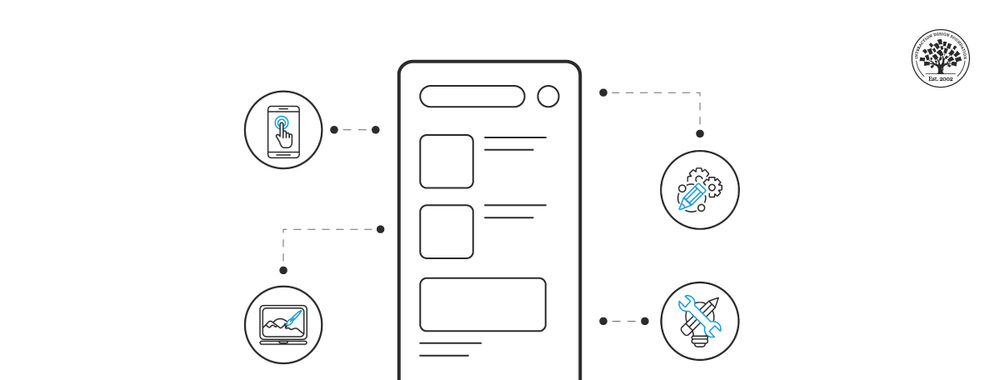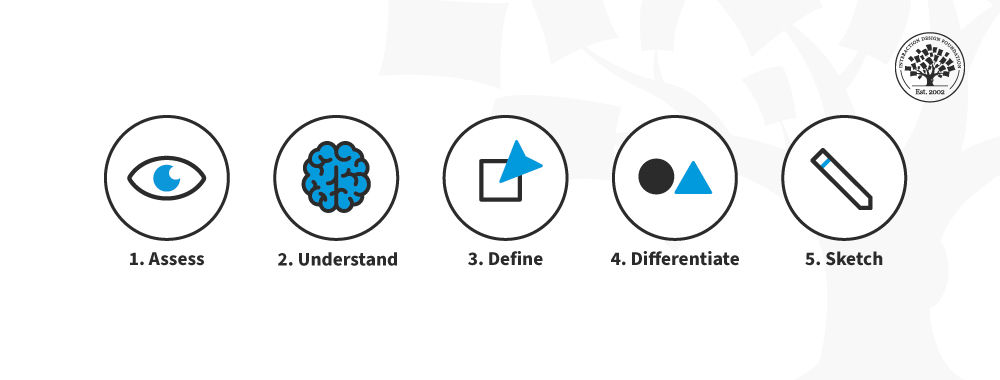Years ago when someone was unhappy with your product and service; they told their friends and family. Today, they go online and tell the world. Managing a business’s reputation has become a key part of delivering a user and customer experience but how do you do this ethically?
The Wrong Way

There are some fantastically bad ways to preserve your online reputation.
- Fake reviews. Sony were caught doing this for a PlayStation product but they’re not the only ones to have been found out. If your products are genuinely good – your users should be saying so rather than you dressing up as a user and telling fibs. While Sony may have deep enough pockets to weather the storm caused by getting caught – it’s unlikely that most other businesses do. So stay on the straight and narrow.
- Fining people for bad reviews. A hotel in England last year made international headlines for fining its guests for leaving a bad review from them on TripAdvisor. They’d buried a clause in the contract they had their guests sign; saying they could take money from their credit card after they had left the hotel if they gave them a bad review. As you can imagine, when the news broke – the Internet began to take care of its own and the hotel’s account was buried under bad reviews. They also had to give the cash back. Starting an adversarial relationship with a user is pretty much guaranteed to spoil their experience.
- Fighting in public with users. Then there’s the incredibly daft tactic of fighting with your users in public. Let’s be clear about this – even if you are right (and there’s a reasonable probability that this may be the case) as soon as you start arguing with your users – you are wrong. I have seen dozens of examples of this in the last year or so. A local restaurant decided to attack the Facebook user who had dared to say he hadn’t enjoyed their hamburger. Some of their friends joined in with the attack. They probably thought this meant they’d “won”. It didn’t, thousands of people view that page every day and what they saw was a company failing to live up to its obligations and that their idea of “customer care” was fighting their customers. They would have lost far more business than they gained that day.
- Fighting in private with users. Everything you say or write can be recorded for posterity today. That means attacking your users via e-mail or telephone is every bit as daft as doing it on a social network or on a review site.
- Trashing the competition. If it at first you don’t succeed, go for the jugular – it’s a bad idea too. There are plenty of cases where people are being sued for leaving fake and angry reviews for their competitors. You should be concentrating on developing your own reputation not trashing your competitor’s.
Tomorrow we’ll take a look at the right way to manage your reputation for user and customer experiences that truly excel.
Image Source:
Michel Sauret (link to image)
Abstrakt Marketing Group (link to image)












